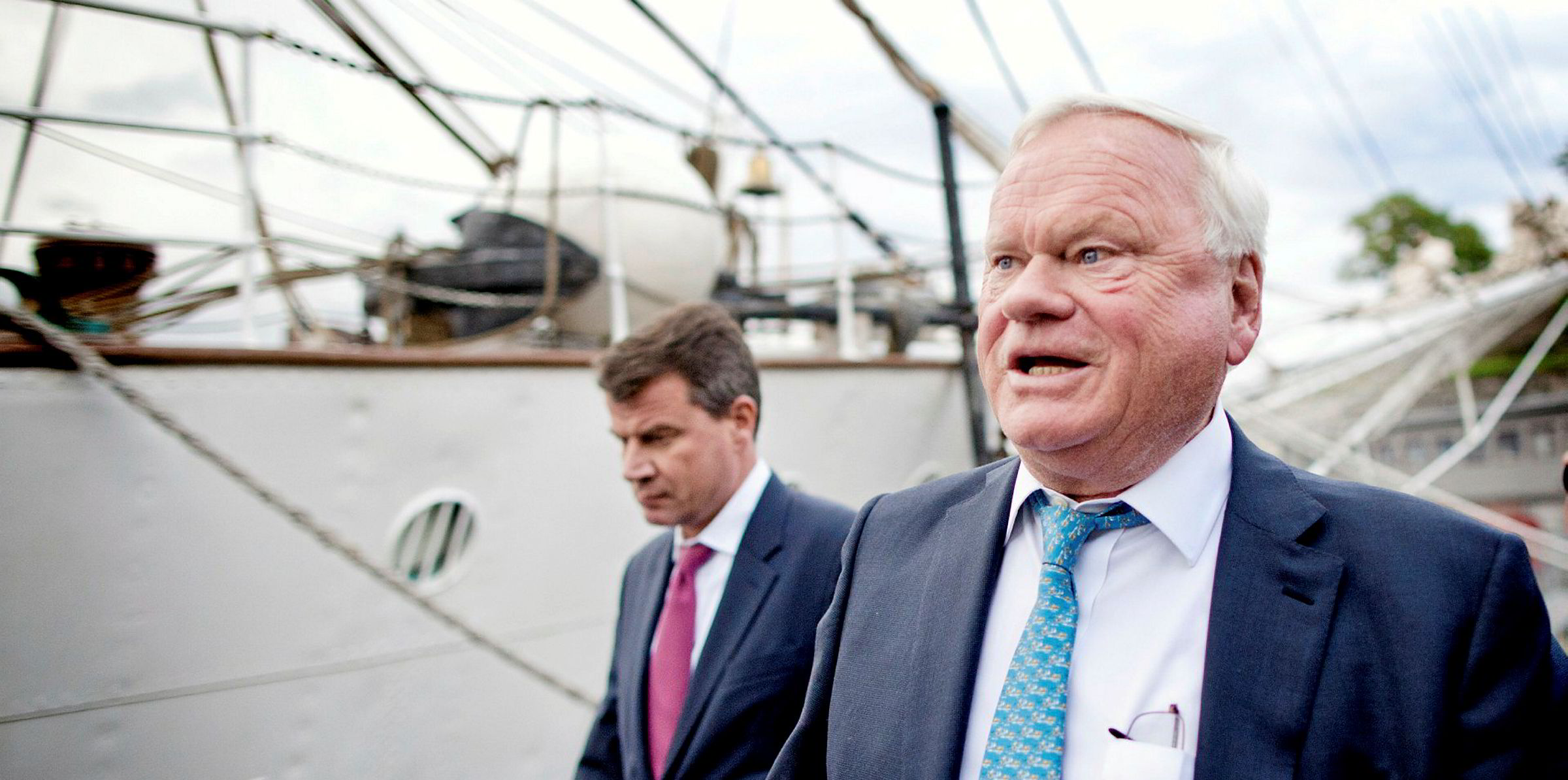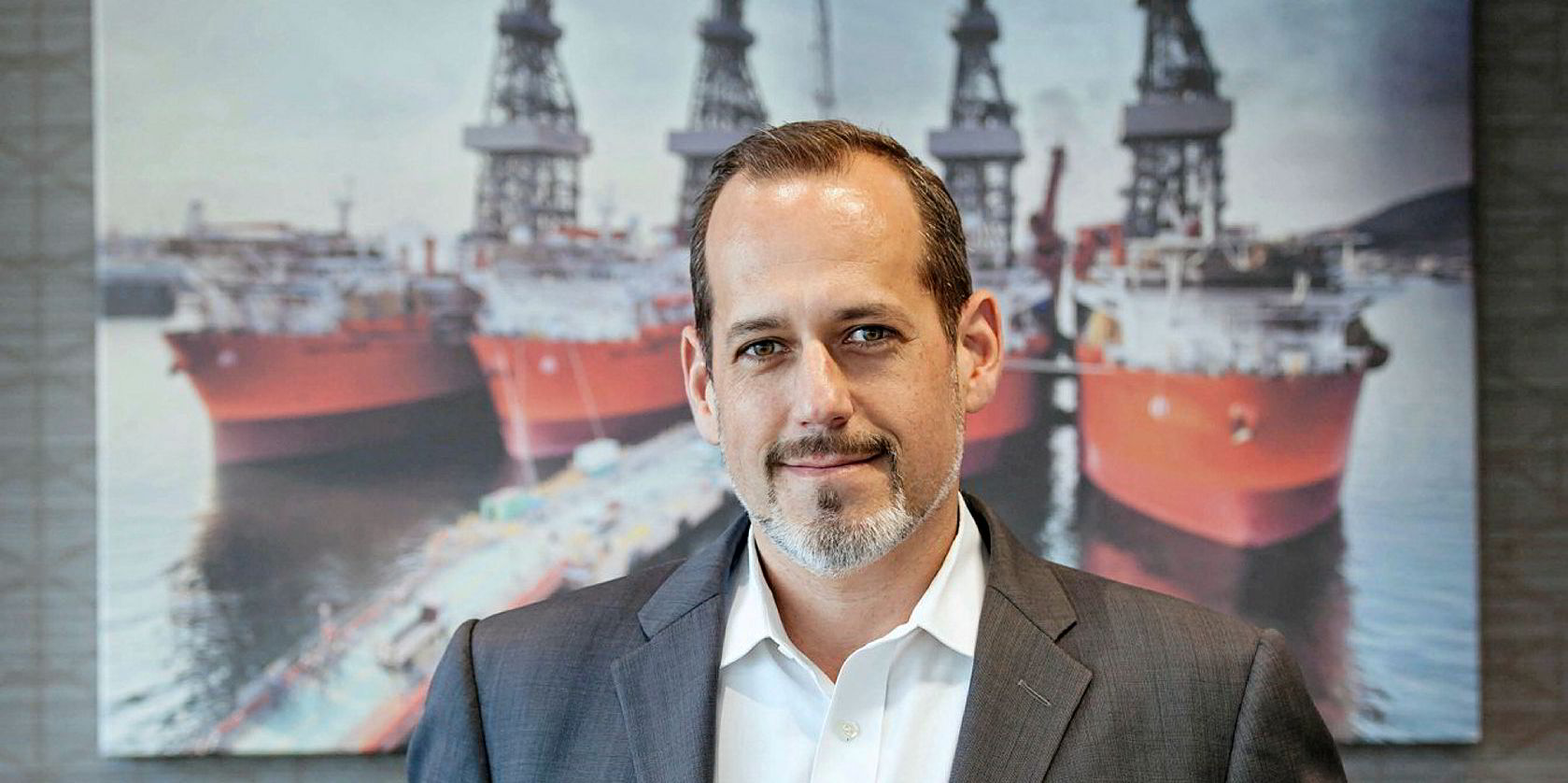John Fredriksen-back Seadrill has said it is working with some of its noteholders to extinguish their debt in exchange for secured collateral.
The Norwegian-listed drillship and rig company said proposals and counter-proposals have been discussed since August.
As part of its deal with creditors under US Chapter 11 bankruptcy proceedings in 2018, Seadrill issued $880m in new secured notes (NSNs) held in a company called NSNCo.
Of this amount, $476m was outstanding at the end of last year.
Dubbed Project Paratus, the talks document reveals that Seadrill has proposed that NSNCo is ring-fenced from the current company structure, with Seadrill retaining 100% of the equity and NSN holders receiving "takeback" debt.
The noteholders countered by saying they wanted $86m in cash to be used to redeem a portion of the NSNs.
While this amount has yet to be agreed, they have also asked for $25m in cash to be used to fund the first 12 months of interest and minimum liquidity requirements, but Seadrill has rejected this proposal.
The investors also want an $8m loan paid into NSNCo. This has also been rejected.
Seadrill has said it would prefer to find a solution through another Chapter 11 process, while noteholders agree, if they are unable to reach 90% agreement among themselves on a way forward.
Stake swap
In August, Seadrill said it had proposed to creditors to turn over its stakes in oil services firms Archer and Seadrill Seabras to redeem the notes.
Seadrill Seabras is a pipe-laying vessel contractor and Archer an oilfield services firm.
Seadrill held a 50% stake in Seadrill Seabras and a 15.7% stake in Archer in February, according to its annual report.
The company has a new chief executive officer as it works to complete a $7.4bn debt restructuring.
Chief financial officer Stuart Jackson stepped up to the top job after Anton Dibowitz stood down with immediate effect.
Seadrill has extended forbearance agreements with certain creditors over debt repayments to 31 October as it pursues the long-term refinancing.
This could mean a big debt to equity swap which could leave current shareholders with nothing.





